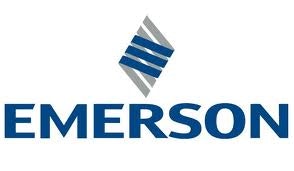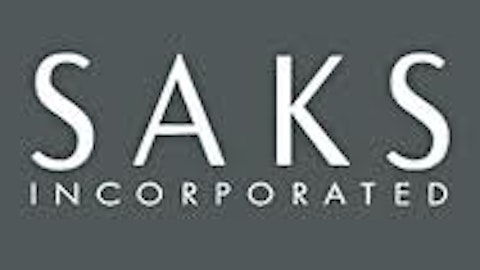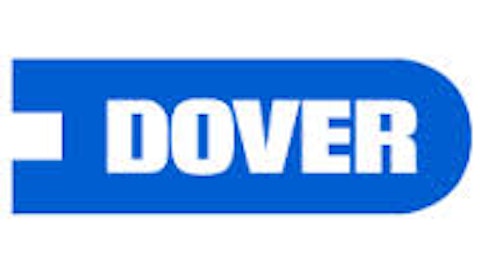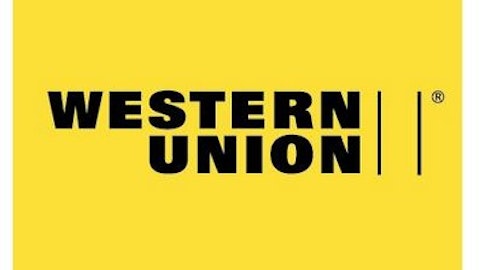
A cheap cash cow with a strong balance sheet
REGAL-BELOIT CORPORATION (NYSE:RBC) is considered a global leader in electric motors, electric generators and controls, operating in two main business segments: Electrical and Mechanical. Most of its operating income, $273.7 million, or 87.5% of the total operating profits, was generated from the Electrical segment, while the Mechanical segment contributed only $39.1 million in 2012 profits. The company reported that it derived a significant portion of revenue for its HVAC motor business from several key OEM customers; however, no customer represented more than 10% of the total consolidated sales.
What I like about Regal Beloit is its cash flow generating capabilities. In the past ten years, the company managed to produce consistent positive free cash flow, from $41 million in 2003 to $269 million in 2012. Moreover, investors can feel safe with its conservative capital structure with some leverage in its operations. As of June, it had more than $2 billion in equity, $414.4 million in cash and around $757.5 million in long-term debt. Income investors might also like its consistent dividend increase since 2004, from $0.48 per share to $0.75 per share.
REGAL-BELOIT CORPORATION (NYSE:RBC) is trading at around $67.10 per share, with the total market cap of around $3 billion. The market values the company at around 7.8 times its trailing EBITDA (earnings before interest, taxes, depreciation and amortization). Although the dividend has consistently risen, the company still seems to be conservative with its dividend payment policy. The company has a low payout ratio at 18%, and the dividend yield is around 1.20%.
The company might deliver good growth in the future, with an increasing number of product introductions, which focus on energy efficiency, growing acquisition activities to drive higher return for shareholders, and simplifying the business operations for better operating margins. In the next three years, it expects to have lower factories, warehouses, suppliers and brands. The number of suppliers would be reduced to 500 while the number of brands would decrease to around 10. Moreover, it seeks further growth via emerging markets investments. With the relocation of several facilities to China, the company could optimize the plant layout and implement lean production.
The lowest valuation among its bigger peers
Compared to its much bigger peers ABB Ltd (ADR) (NYSE:ABB) and Emerson Electric Co. (NYSE:EMR), REGAL-BELOIT CORPORATION (NYSE:RBC) is the cheapest among the three.
The market values ABB Ltd (ADR) (NYSE:ABB) at around 9.9 times its trailing EBITDA. ABB Ltd (ADR) (NYSE:ABB) is one of the global leaders in power and automation technologies, operating in five divisions: Power Products, Power Systems, Discrete Automation and Motion, Low Voltage Products and Process Automation.
In the middle of 2012, the company expanded its reach in the Low Voltage Products segment with the completion of the acquisition of Thomas & Betts, a North American low voltage products company. With Thomas & Betts’ network of more than 6,000 distributor locations and wholesalers, this deal would help ABB Ltd (ADR) (NYSE:ABB) double its addressable market in North America to around $24 billion. The European and Asian market will be expanded via ABB distribution channels.
The integration between the two businesses has been on track. In the second quarter, Thomas & Bett contributed $640 million in revenues, $115 million in operating EBITDA and around $90 million in cash from operations. In the long run, with the well-established distribution channel and market leading positions, ABB Ltd (ADR) (NYSE:ABB) could grow along with the integration with Thomas & Bett.





